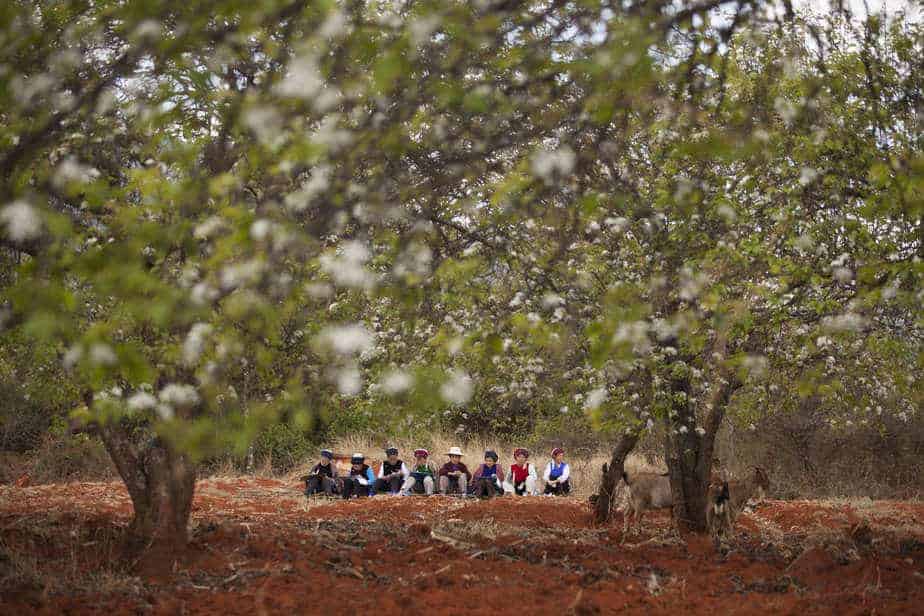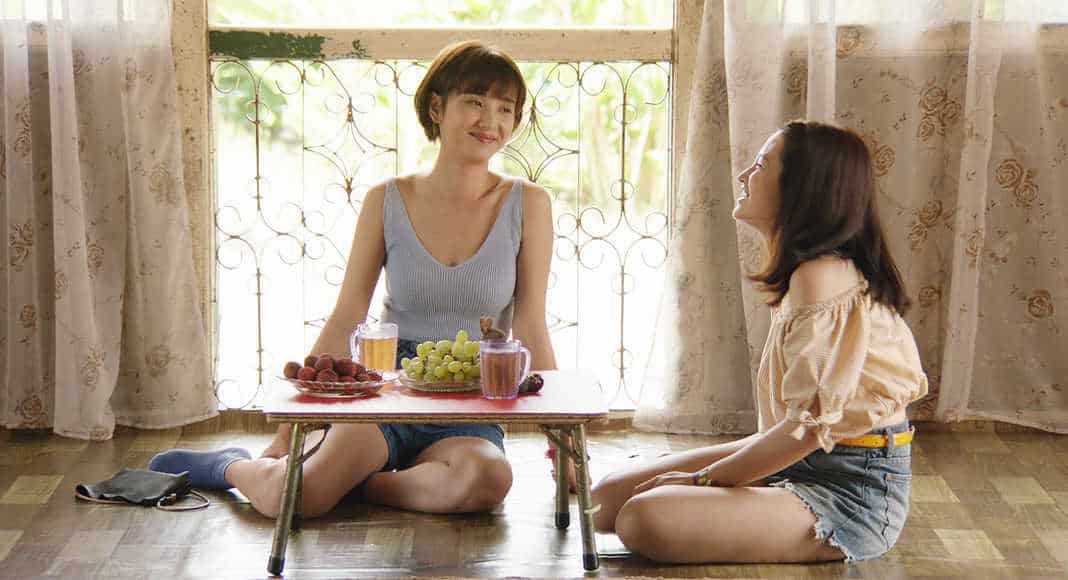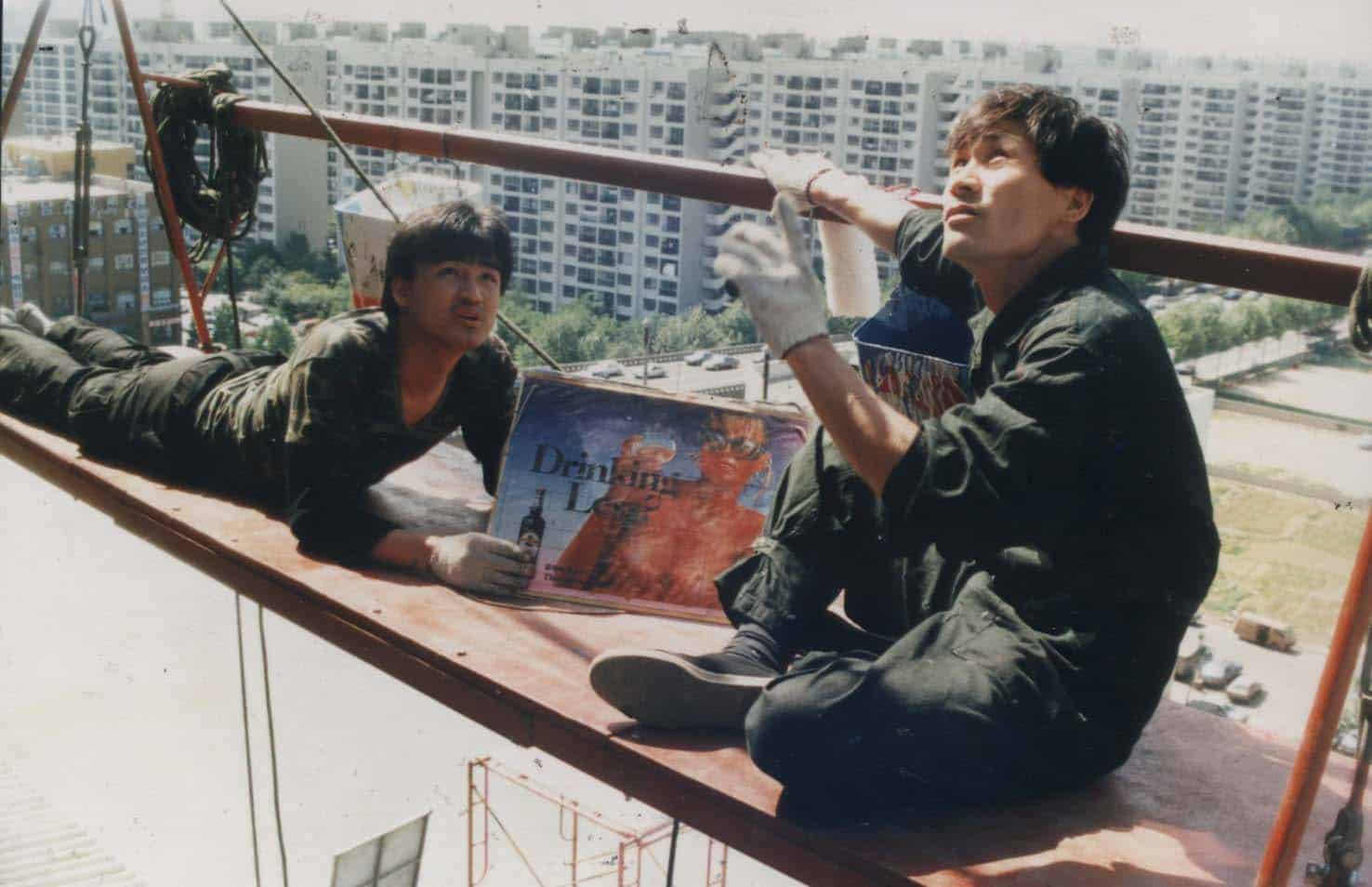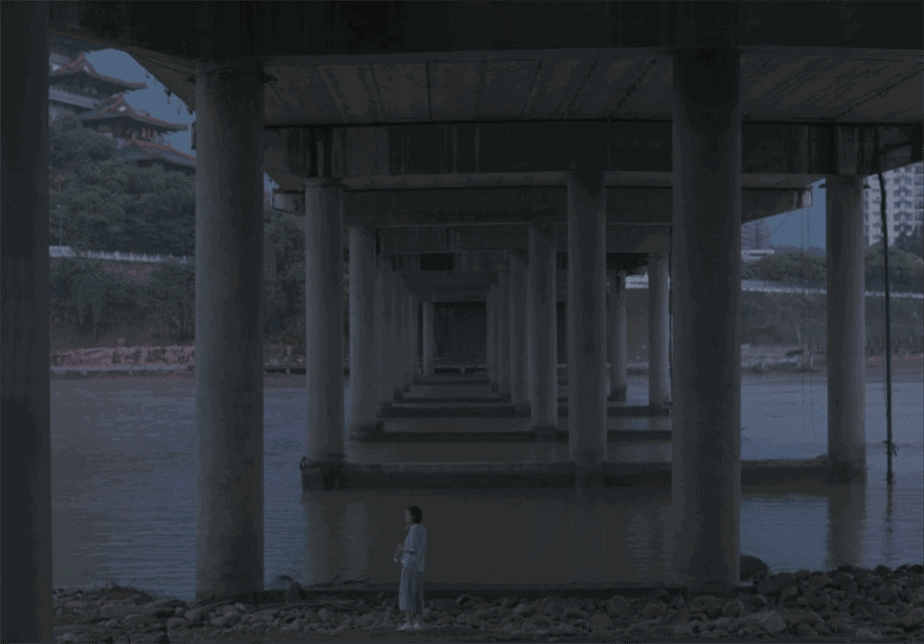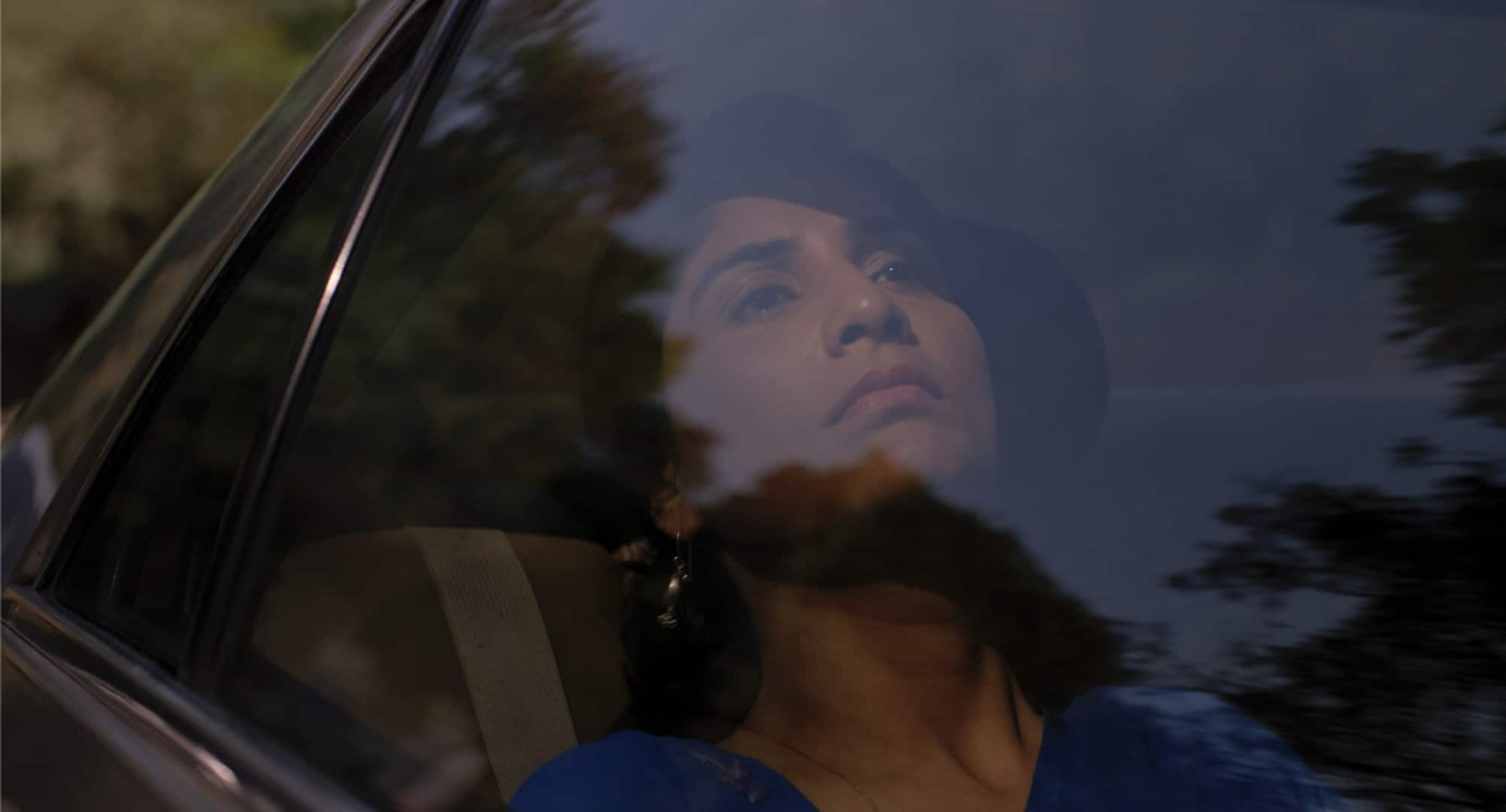„Up The Mountain” is a slow-paced, poetic documentary, which focuses on finding beauty and peace around us, in the simplicity of life and the cycle of nature. It revolves around Shen Jianhua, an artist who left Shanghai and chose a remote village in Yunnan province as a haven for him and his family – at present formed by a teenage daughter and a young pregnant wife. But although Shen is a kind of central character, the movie is not his story. Shen is surrounded by a local community, mostly a gang of grannies, whom he teaches to paint. We never get any explanation of the rules constituting his informal art school, which resembles rather an open house, where students are warmly-welcomed guests. They drop in and go away freely, and what they expect is not only a lesson but also a collective experience of sharing gossips and meals. So they cook, chat, eat and last, but not least, paint together.
The teacher himself seems an enigmatic figure. He is partly a fatherly-wise patriarch, with experience gained with age, and partly an eccentric outsider, sporting his western attire, as well as a patron and mentor. The art style he lectures on is a simple folk one, where observation of everyday life is essential. As he explains to one of his students: “Painting is more than just picking up a brush. You must experience all kinds of life events to gain understanding, improve your painting, and know what to paint”.
Elderly ladies taught by Shen dress in stunning clothes, giving a unique insight into the customs of the area. And through their eyes, we follow local traditions and their rural life. Everything is a fitting subject for art: newborn kittens, Lunar New Year's celebrations, a plow, a plower, and an ox, and a funeral. The ladies paint on a square canvas, which is reflected in the movie's frame narrow ratio. The camera also portrays the mountain area with precision and beauty, and the accurate composition emphasizes picturesqueness of the landscape. Before we can see the final effect, the finished painting, we observe the scene, which inspired the particular image. The rhythm of the local people's life strictly follows the rhythm of nature, and that eternal cycle is mirrored in their creations.
The ladies' conversations are not profound reflections on art and life. Sometimes trivial, sometimes comical – they are true to the bone and they strengthen the sense of bond, the warmth between people forming this community.
All this may seem idyllic, but the director is far from giving only a contemplative, idealized vision of village life. By showing Dinglong, another of Shen's apprentices, he narrates the choice of many from the younger generation, who decide to move to the city, looking for better job opportunities and better education for their children.
Smart editing makes this documentary an engaging slice-of-life kind of story. And all we get is observation – any conclusions are left to the viewers.


